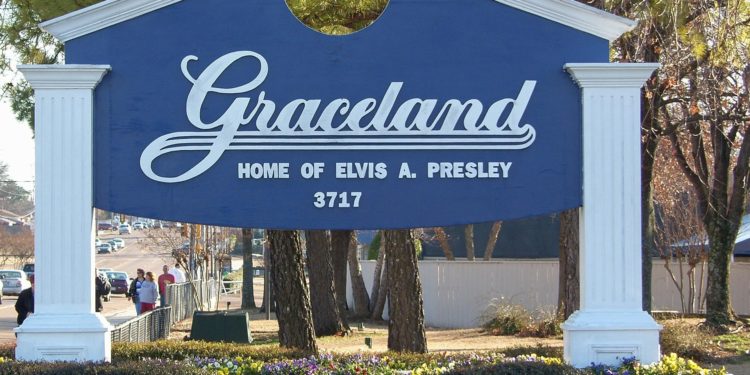The subject of Baz Luhrmann’s latest movie is probably the most famous rock and roll star ever. The man who brought his music to everyone’s attention and whose dance moves, good looks, and extraordinary voice turned heads wherever he went. The film, simply entitled Elvis, is positioned as a biopic of The King. The question is, how much of Presley’s life does it actually follow and how much is drawn from artistic license?
While Elvis passed away in 1977, he has never been left to rest in peace. His music lives on, but shadows of the man do too. For years there were reports that he was actually still alive, and he became the subject of numerous conspiracy theories. Elvis impersonators make their living as The King around the world. In Vegas, it is possible to be married by a roadside Elvis, and he lives on at the slot machines as well. An Elvis the King online slot can be played at PayPal casinos like LeoVegas.
The film is not a walk-through of Elvis’s life. It doesn’t follow the path of him growing up to growing older. Instead, it misses out on vast chunks of his life, including his time at high school, much of his career, meeting The Beatles, and his descent into addiction in his later years. Starring Austin Butler, the director faced the gargantuan task of putting Elvis’s years in the starlight into one film. So, it is unsurprising that some elements did not make it to the final cut.
The narrative is often from the perspective of Presley’s manager, Colonel Tom Parker, played by Tom Hanks. Much of the film focuses on the relationship between the two men. Even though it was a business relationship, this is not the part of the relationship that Luhrmann gets the viewer looking at. Instead, this film offers a series of scenes that follow the personal relationship between the two men. How the America dream bonds them, and both have the same demons who attack them. Ultimately it tells the story of them falling apart. While all of this may be historically accurate, it does miss out on the fact that there were plenty of other business hustlers in Elvis’s career, including record label bosses, publishers, and movie moguls.
The film also tells the story of Elvis’s relationship with women. His mother is depicted as a strong woman who goes to her grave worrying about her son’s welfare. Luhrmann’s film brings us the love story between Elvis and Priscilla to the screen, but eventually, she leaves him. Not just because of his infidelities but also due to his dependence on pills. The euphoric fans who followed Elvis everywhere are well represented in the movie, but later girlfriends like Linda Thompson and Ginger Alden do not feature.
The film shows him visiting a club where Little Richard, Sister Rosetta Tharpe, and Mama Thornton are all playing at the same venue, at the same gig. There is also a scene in the film where he is baptized at a local black church tent revival. This is almost certainly not historically accurate. Undoubtedly a young Presley might have heard black musicians playing on their porches in his neighbourhood. A tent would also have regularly been pitched near his home when he lived in Tupelo, but there is no evidence that the family attended the services. No one would argue that his music was not influenced by Black music. However, it is more likely that he heard RnB music on the radio or at East Trigg Baptist Church.
In the film, Presley’s absent father Vernon never steps up, and Parker steps into this void. We see Presley come of age in 1968 when he replaces Parker’s safe choice of Christmas song with his own leather-clad blues performance. The film shows him as the embodiment of America’s social and racial complexities at the time. As we have come to expect from Luhrmann, the film’s lack of accuracy is made up for with glamour and energy.





![7 Best POS Software in the UK [2026 Edition]](https://todaynews.co.uk/wp-content/uploads/2026/02/7-Best-POS-Software-in-the-UK-2026-Edition-360x180.png)







































































